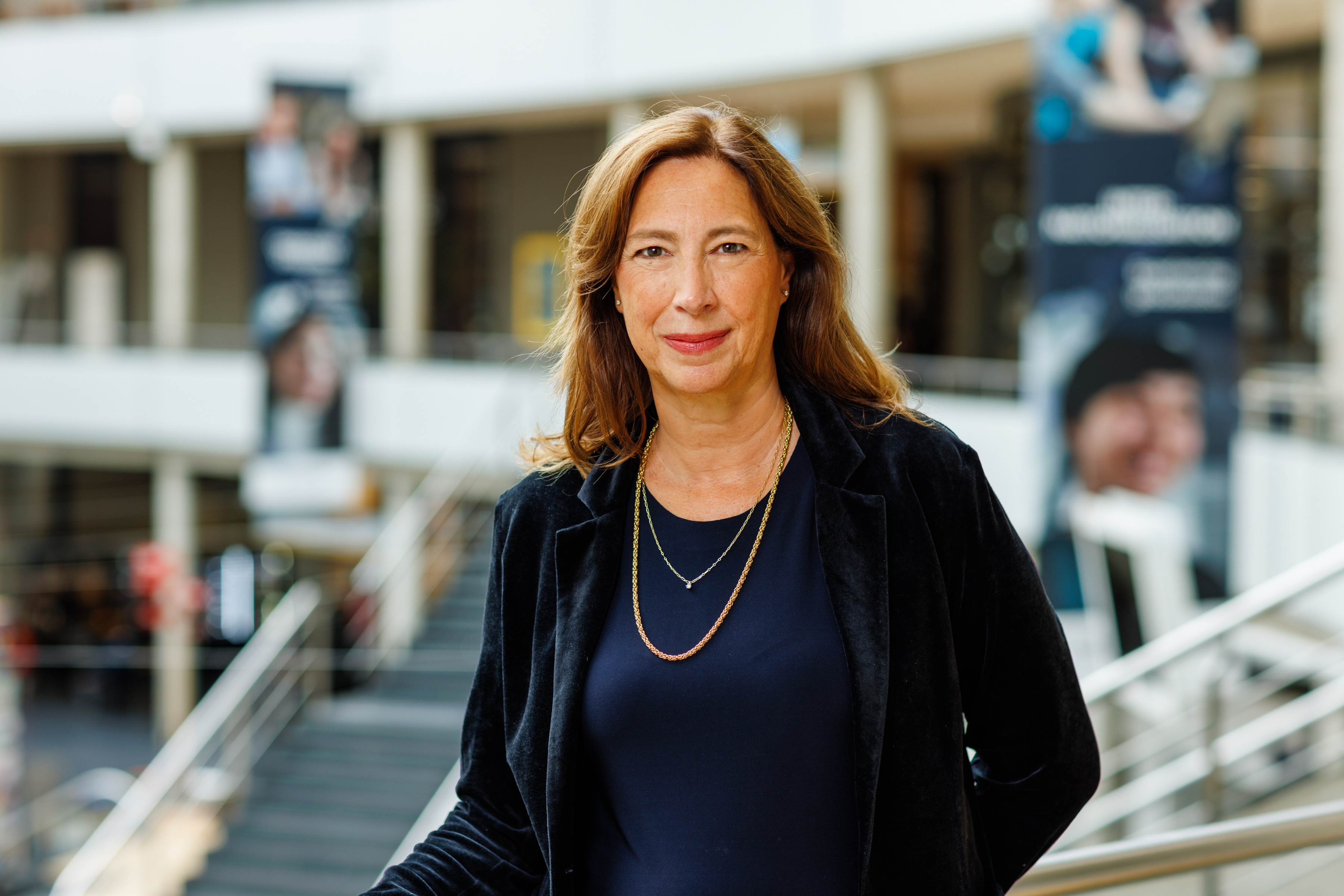It is up to all of us
25 January 2024
Sexually transgressive behaviour in many cases has a major impact on the victims. Experiencing this while studying, when you’re developing your identity, can have major consequences. We all want students to thrive safely...

Many news stories we read normally seem far away from us or our sphere of influence. That is not the case with this Wednesday's news. The report of the government commissioner for transgressive behaviour and sexual violence, Mariette Hamer, describes the need for a change in the approach to sexually undesirable behaviour in higher education. The figures are distressing: in the past year, half of all women aged between 18 and 24 experienced some form of transgressive behaviour.
Sexually transgressive behaviour in many cases has a major impact on the victims. Experiencing this while studying, when you’re developing your identity, can have major consequences. We all want students to thrive safely in our knowledge institutes and develop their full potential.
The thought of this development being brutally inhibited, or insidiously slowed down, is unbearable. Therefore, we are looking for ways to even better create the safe learning environment our students and also our colleagues need.
The report recommends steps to be taken at the level of culture, structure and system. Here lies a role for the network of universities (of applied sciences) created from the Amnesty International campaign around consent - Let's talk about Yes. Within this network, we not only share knowledge and best practices, but also agree on concrete actions. Increasing social safety is a major focus for universities of applied science, from which many measures have also already emerged.
The #metoo movement has opened the eyes of many of us. Unfortunately, for most women (and, of course, men), the surprise is not in the fact that there is a lot of undesirable behaviour, but in the fact that you can do something about it. The tremendous empowerment that has resulted gives hope that awareness - and solidarity - helps. When I talk to peers, we are sometimes embarrassed about the things we have accepted, both as stakeholders and as bystanders. A simple-sounding conclusion that is not yet so easy to realise: We need to have (more) conversations about transgressive behaviour. This way, we can learn with and from each other how to prevent it, what preventive actions are possible, how to improve care for victims, and together ensure that no student or employee who experiences transgressive behaviour feels too ashamed to report it.
This perception is not new - at THUAS, too, we offer several workshops in this area for students and for employees. But there’s no run on applications yet. As in many contexts: with a voluntary offer, we often fail to reach precisely the group for whom the training would be useful. In addition, proposals for mandatory workshops often meet resistance - "We already have so much to do" in curricula, in the Basic Didactic Competence course, in onboarding for new employees. All practical concerns are well known.
And yet, research shows that training has a huge impact for both students and employees. Taking responsibility on such an important issue is therefore not "adding something to it" but the core of our social mission - talent development requires a safe environment.
It is up to all of us to make this happen.